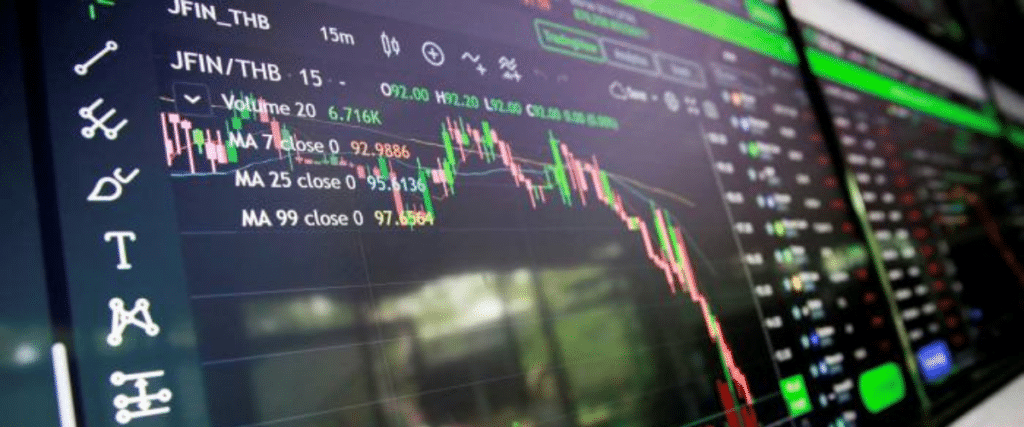The central bank in Thailand has announced stricter regulations for cryptocurrencies, limiting their use for payment.
Thailand’s central bank has announced stricter regulations for cryptocurrencies, limiting their payment use to ensure they can only be traded as assets on licensed platforms.
This move follows those of several members of the Association of Southeast Asian Nations (ASEAN), such as Brunei, Indonesia, and Malaysia. In addition, Singapore and Vietnam, where Bitcoin is extremely popular, do not allow crypto payments via central banks.
These regulations are anticipated to inhibit the booming Thai cryptocurrency market at a key time – Bitcoin prices have crashed.
On the 25th of January, the Bank of Thailand (BoT) announced that it was drafting regulations to prevent cryptocurrencies from being used to make payments, citing that the volatility of these tokens might create risk and losses for both sellers and buyers. The official implementation will take place in the second half of February post-closure of a public hearing on the 8th of February.
If one breaks the rules – buyers or sellers – they will be liable to a TH฿300 thousand fine (US$9,000) in addition to TH฿10 thousand for each day they continue to defy the regulation.
In December, BoT warned against commercial banks directly trading digital assets because of their high price volatility risk. However, BoT and the Securities Exchange Commission (SEC) did permit trading and exchanging cryptocurrencies on exchange platforms with digital asset exchange licenses issued by the SEC, of which there are eight.
In November 2021, Siam Commercial Bank (SCB), the oldest lender in the kingdom, invested TH฿17.85 billion to obtain a controlling 51% stake in Bitkub, Thailand’s biggest crypto exchange platform,
Nares Laopannarai, secretary general of the Thai Digital Asset Association, stated, “The latest announcement from the BoT has put big companies under pressure, including those that announced mahor investments in cryptomining – particularly at a time when Bitcoin’s price crashed.”
Moreover, he mentioned that some companies like department store operator The Mall Group, and real estate developers Sansiri and Ananda, have recently announced that they accepted cryptocurrency payments, luckily meaning that they can pause matters immediately with little consequences.
However, larger companies that have invested in Bitcoin mining will feel the effect of the loss of its value and the impact of BoT’s regulations on the tokens’ popularity, which has plunged to a value of US$38,595 in February from $68 thousand in November 2020.
Those affected include the Brooker Group, a financial and real estate adviser, which invested TH฿1.2 billion in a Bitcoin trading business, as well as TH฿70 million for crypto mining. Jasmine Technology Solution has spent TH฿3.3 billion on 1,200 Bitcoin mining machines, with another 5,100 on the way this year, as it shifts from telecommunications to crypto.
Terdsak Thaweethiratham, an analyst at Asia Plus Securities, stated that, “We cannot avoid the BoT move as it is the duty of the central bank to regulate to cut risk and maintain the country’s financial stability. At the same time, we cannot avoid the incoming financial technology disruption and the use of blockchain and Bitcoin, so we just hope the rules are flexible and fair to all market players.”
Related Articles
Investment 101: Stock Trading vs Cryptocurrency Trading





